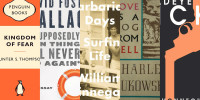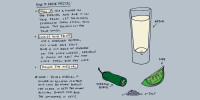After checking out (and nodding along with) Travis’ recent fall syllabus featuring the literary heavy-hitters many of us have returned to again and again for inspiration, I had the urge to put together another reading list for you guys, made up of authors you maybe haven’t yet read or even heard of. With two Pulitzer Prize-winning books on it, this list is less like some kind of unearthing of obscure experimental writers (though there is one of those here, too) and more like an introduction to some contemporary voices who you might not have found your way to. And there’s not a single dead white dude among them! But just like the boys on Travis’s list, these authors also write the kind of raw, wild, darkly funny, and often weird stories that will leave you with a deeper understanding of what it is to be human in this messed up and beautiful world. —Allison Gibson
The Brief Wondrous Life of Oscar Wao by Junot Diaz
[Oscar] had none of the Higher Powers of your typical Dominican male, couldn’t have pulled a girl if his life depended on it. Couldn’t play sports for shit, or dominos, was beyond uncoordinated, threw a ball like a girl. Had no knack for music or business or dance, no hustle, no rap, no G. And most damning of all: no looks.
This groundbreaking, hilariously-heartbreaking, and Pulitzer-winning novel by Junot Diaz follows the—you guess it—brief life of an overweight, sexually frustrated and lovesick Dominican-American nerd growing up in New Jersey. But it’s also much more than that. Told for the most part through one narrator’s profanity- and Spanglish-laced brutally honest point-of-view, the story takes us from high to low culture (academic-style footnotes meet science fiction lingo meet every description of girls imaginable), and from decades-old war crimes in the Dominican Republic to modern day relationship drama in New York’s Washington Heights. Ultimately it’s a coming of age story, as much about a single person as about a collective family’s experience. It tests the limits of just how much shit anybody is willing or able to endure in the name of attaining a better life, a sense of belonging, and authentic love.
Grab it here.
A Visit from the Goon Squad by Jennifer Egan
“I’m done,” he said. “I’m old, I’m sad—that’s on a good day. I want out of this mess. But I don’t want to fade away, I want to flame away—I want my death to be an attraction, a spectacle, a mystery. A work of art.”
Another genre-bending book that won the Pulitzer, this is sometimes called a novel and sometimes described as a collection of linked short stories. Either way, it’s some of the sharpest, funniest, realest writing around. From the moment it starts, with a kleptomaniac music industry assistant stealing a stranger’s wallet while escaping a bad date in the bathroom of a New York City bar, this book is a cocktail of bad choices and faded rock star dreams, featuring a cast of characters whose wrongs may or may not end up being redeemed by the end of each one’s personal race against time.
Grab it here.
The People of Paper by Salvador Plascencia
You cannot kill or steal from a man while he is asleep and heartbroken. While it is said that everything is fair in love and war, the dictum is nullified when both love and war occur simultaneously; then the rules of battle become more stringent.
This book is weird. But when it comes to art, weird done right is good. The actual physical book itself is a work of art, challenging traditional perceptions with a layout that features columns in place of paragraphs, text running sideways in places, hand drawn diagrams, and even entire sections intentionally blacked out. In the same unconventional way, the story it tells weaves together an invented creation myth that originates in Mexico with a hallucinogenic tale of war waging in the L.A. County immigrant community of El Monte. There’s also the author’s own, seemingly true, bitter breakup story inserted right into his experimental work of fiction.
Grab it here.
The Flamethrowers by Rachel Kushner
Making art was really about the problem of the soul, of losing it. It was a technique for inhabiting the world. For not dissolving into it.
A pulse-pounding story of motorcycle races, political violence, and art world egomania, Kushner’s award-winning novel is set in large part in the 1970s heyday of New York’s art scene. The sex, drugs, and faux-intellectualism of that scene seduce a young woman named Reno, who gets snared in its net while aspiring to her own goal of setting a speed record for racing a motorcycle and becoming a successful conceptual artist. A series of circumstances lead Reno from New York’s SoHo to Utah’s expansive salt flats to Rome’s riot-filled streets. And like its protagonist’s addiction to the speed of her bike, the book rarely pauses to take a breath.
Grab it here.





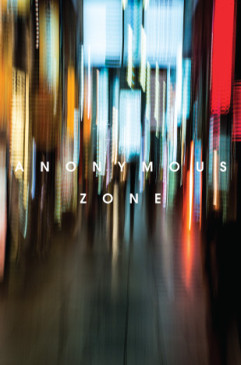
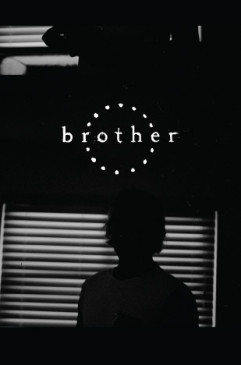

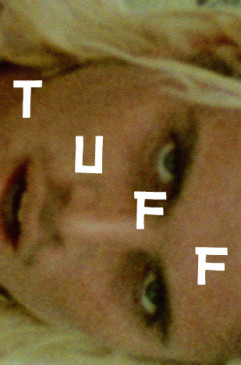
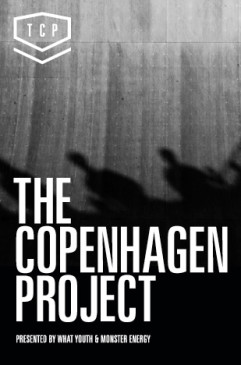

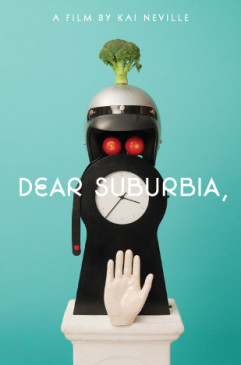



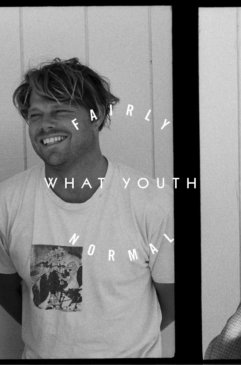
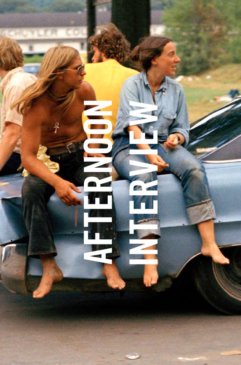


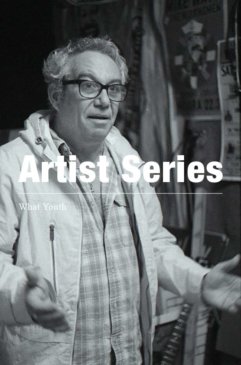









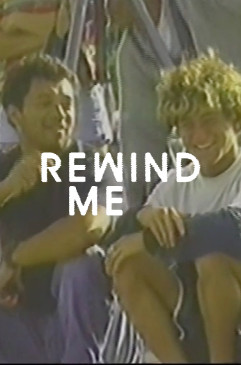


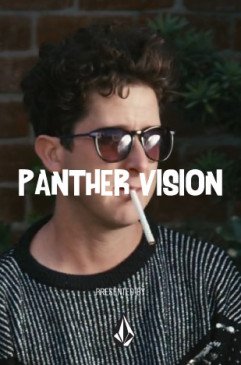

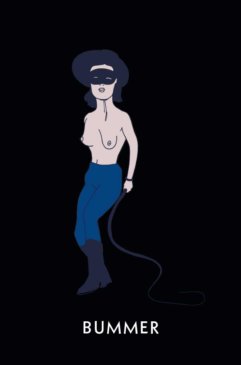
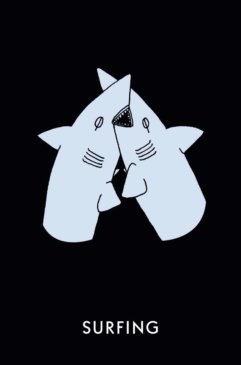

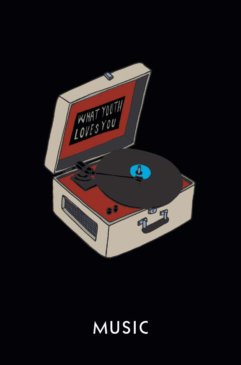










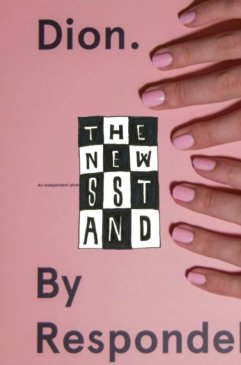
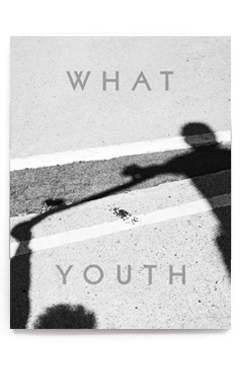
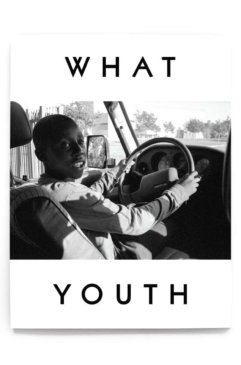
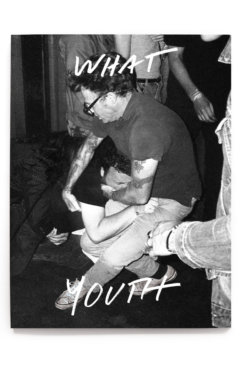


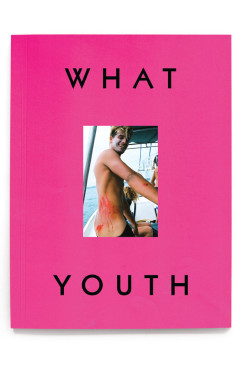


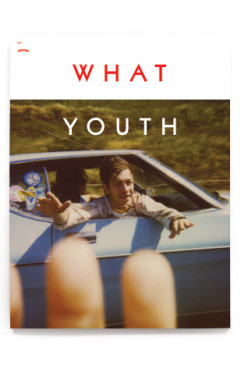
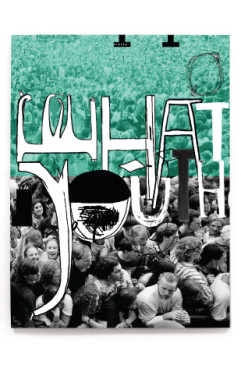

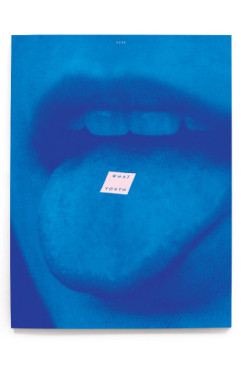
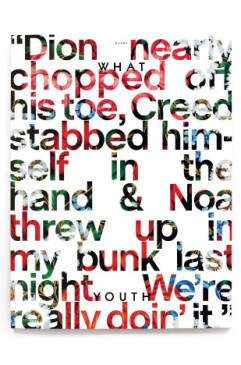
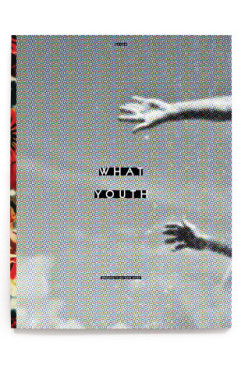

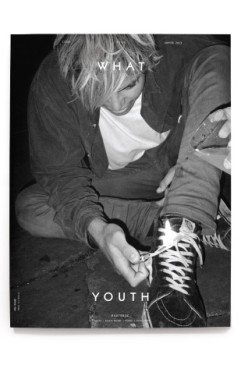

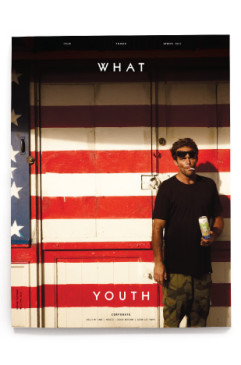



 NXT
NXT 
